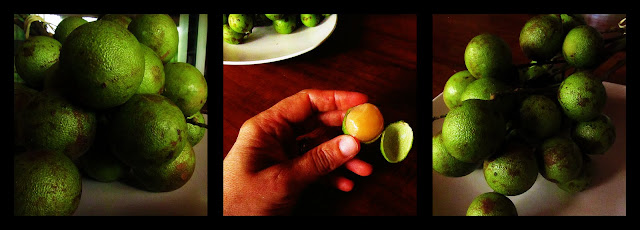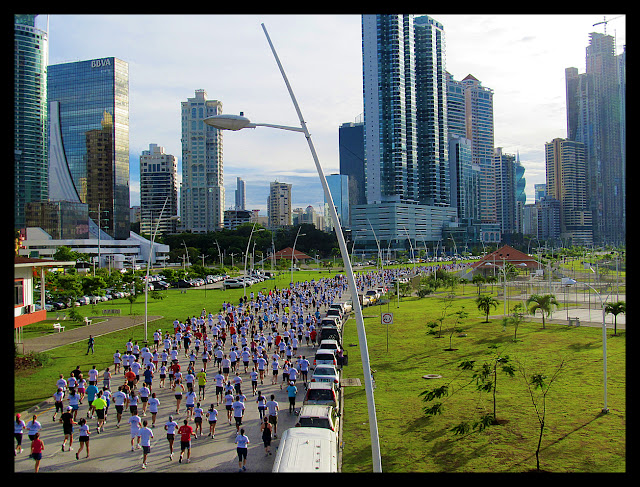 |
| Panama the Beautiful |
Earlier this year, during some mining protests, the Panamanian President said that foreigners did not have the right to protest in Panama. It was bluster designed to undermine the environmental movement (our country will not be run by foreigners!). It really bothered me at the time and it’s something I’ve been thinking about a lot. It’s obviously problematic, as a foreigner, to join a protest or to make loud public political statements. You have not had a truly expat experience until someone has dismissed your opinion because “you’re not from here. You don’t know.”
Clearly foreign involvement in local issues is something Panamanians are sensitive about. As an English Canadian, I have never thought too deeply about sovereignty (I was still in high school during Meech Lake). But here in Panama, sovereignty is something people are passionate about (Panamanians are rightfully proud to be administrating the Panama Canal after ninety-six years of U.S. control). I don’t know how many times, while taking a taxi in the Canal zone, the driver has commented to me, “Panamanians weren’t allowed over here, with the Americans.” It is quite an incredible circumstance to have in living memory and foreigners need to be sensitive to it.
I was looking at a Facebook page for some local activists recently (all comments and statements were in Spanish as far as I could see) and someone had posted the comment, “gringada” (that would translate as, foreign, and not in a nice way). With that one comment they dismissed the thoughtful posts of many people. It occurred to me, that expats visibly participating in political activity here could actually undermine their own cause. I don’t think this means foreigners should stick to wringing their hands and complaining about the locals within the expat community (I’m pretty sure enough of this goes on already). It is disagreeable, but there is a reason the President can so quickly cut down his opposition with the accusation of foreign involvement--it resonates with the Panamanian people. Expats need to think carefully about their political involvement.
While possibly not as satisfying as a protest march, or an indignant comment on a web site, there are other quieter ways to effect change. The other day, when I was running in Clayton, I saw a woman (I’m assuming foreign) picking garbage along the road. I’m sure she was disgusted by all the garbage people throw out of their cars and she was doing something about it. It’s not only that she was cleaning up, the image of her, with her trash pick and bag, high-vis vest and disarming smile, I’m sure, it had an impact on people. By being there, and doing what she was doing, she was raising awareness. Garbage-picking-lady in Clayton, you are awesome, you are changing the world. What I am advocating, is living our beliefs, if you see something that seems wrong do what you can to fix it. It is not necessary teach, or complain loudly, it is necessary to do what is right.
Seemingly small actions have an impact on people. I teach adult ESL classes and I always remember one student, who told me as if it were the most incredible thing, how his Swiss boss walked to work every day. Now this seems like a small thing, but in a city where pedestrians are seen as the lowest form of life, walking is radical. I’m sure, to this man, walking was obvious, but to my student it was incredible. If you act according to your beliefs people will notice and it does make a difference.
I love this country and this city. Yes, there are things that I believe should change and changes I don’t agree with. But it is not my place to change this city, or to influence opinion. I can be a part of change through my actions though. In the face of corruption and cynicism, being a good human, and acting according to principles seems like not nearly enough. But having thought about it a lot, I think it’s the only way. So walk to work, pick garbage, volunteer, start a recycling programs. There is a great deal of work to be done.
















